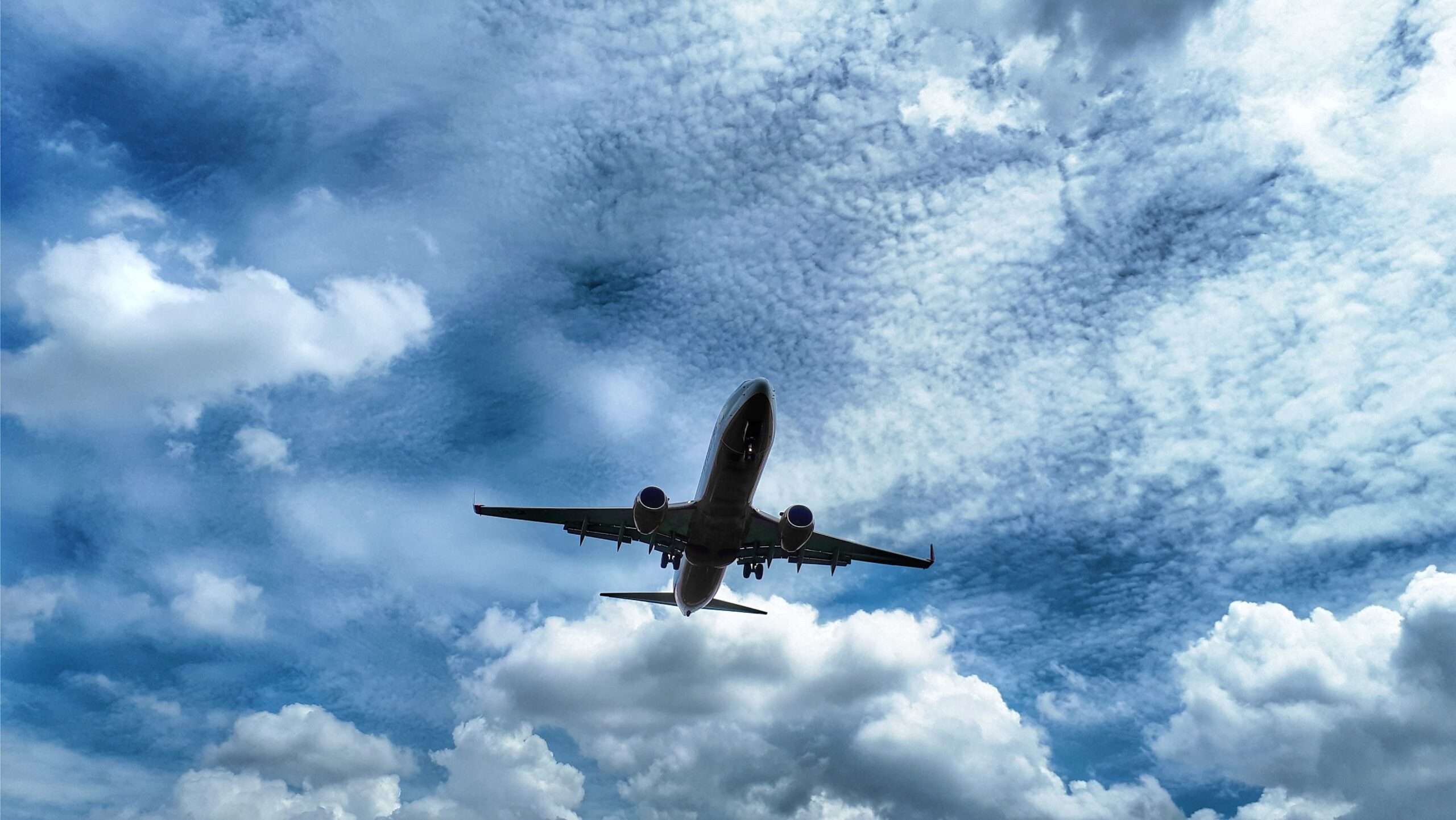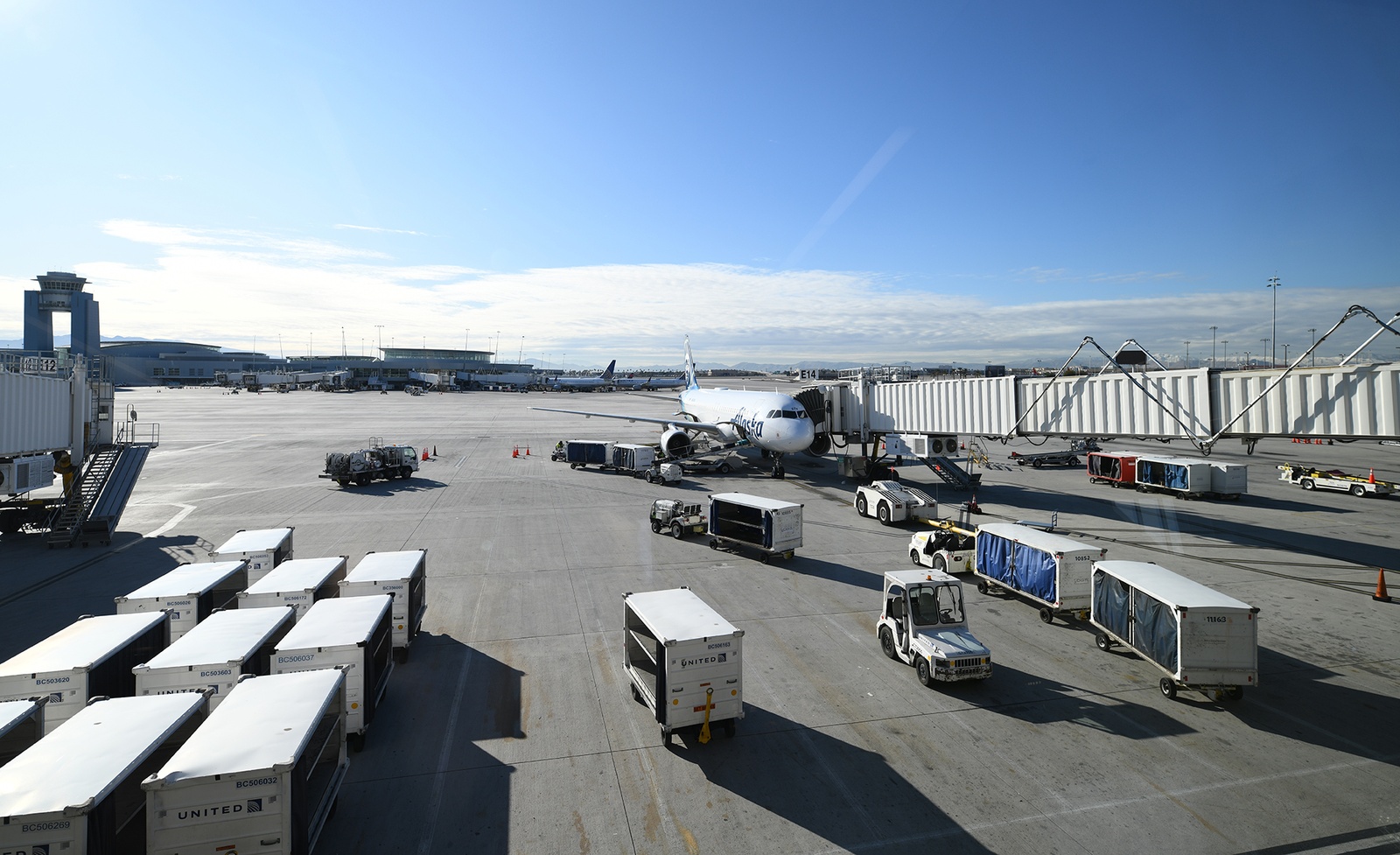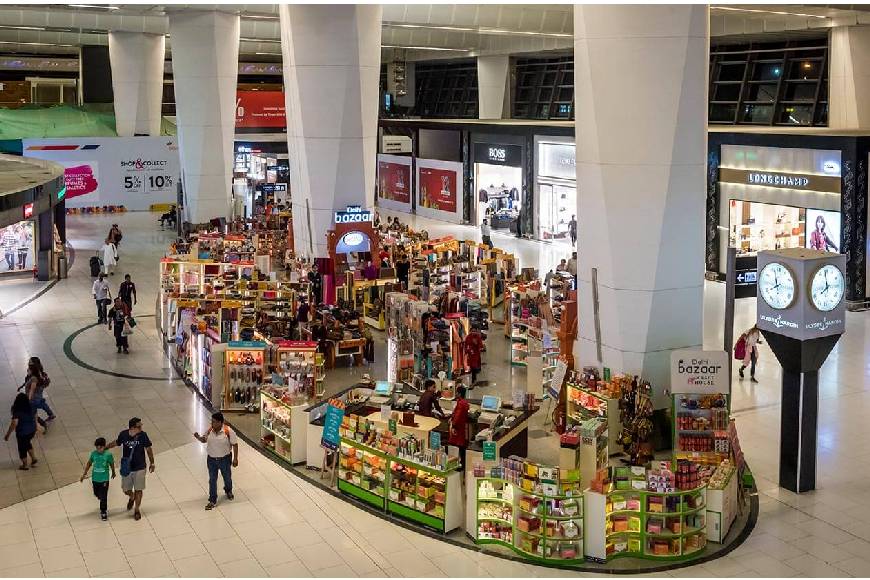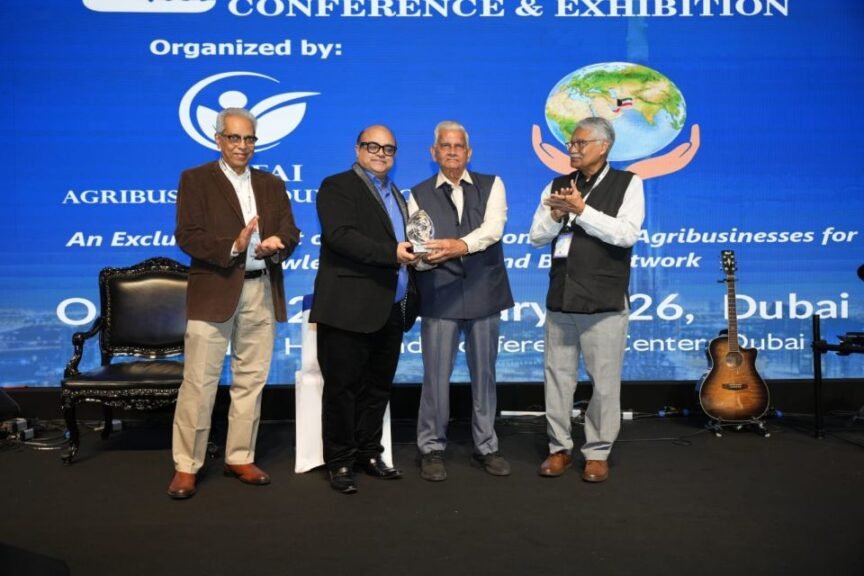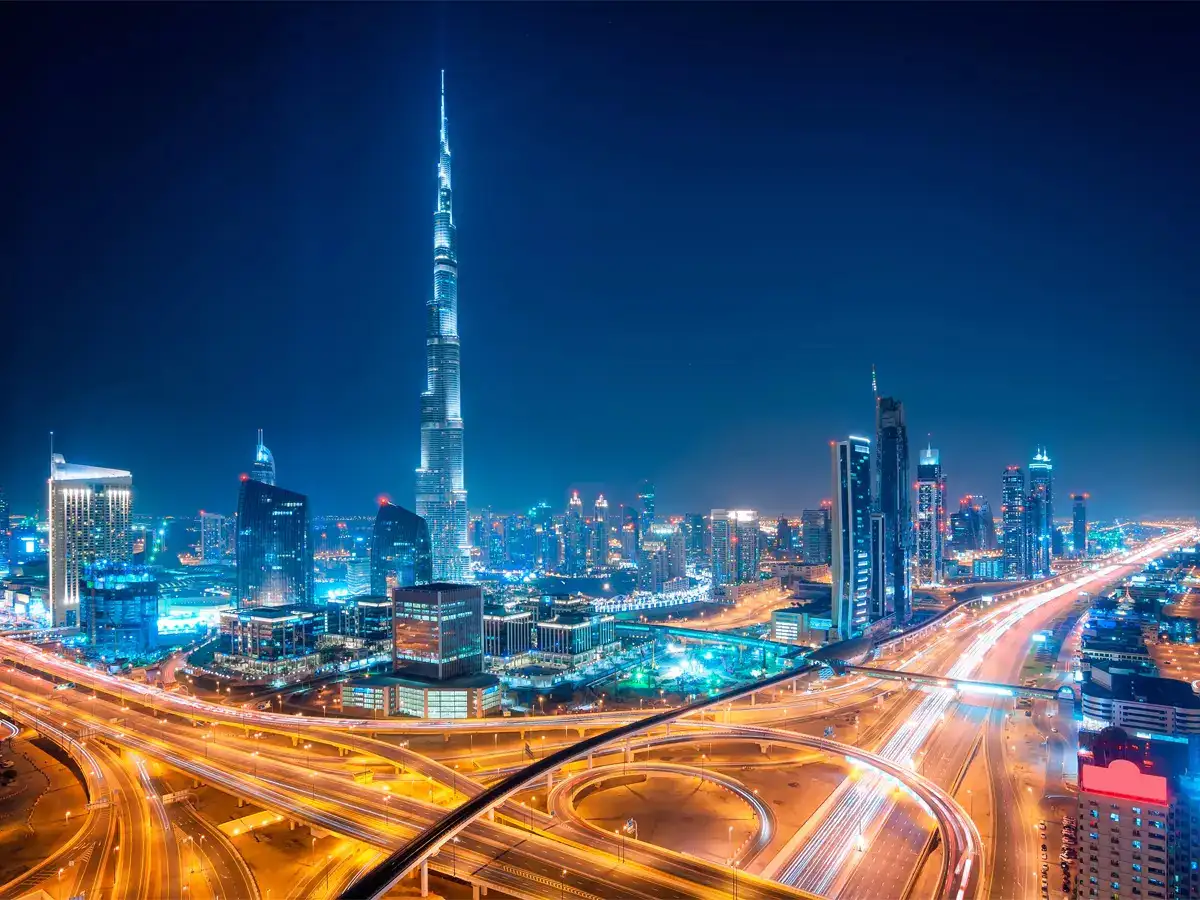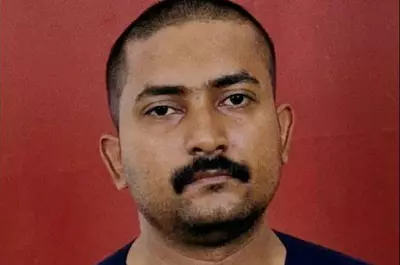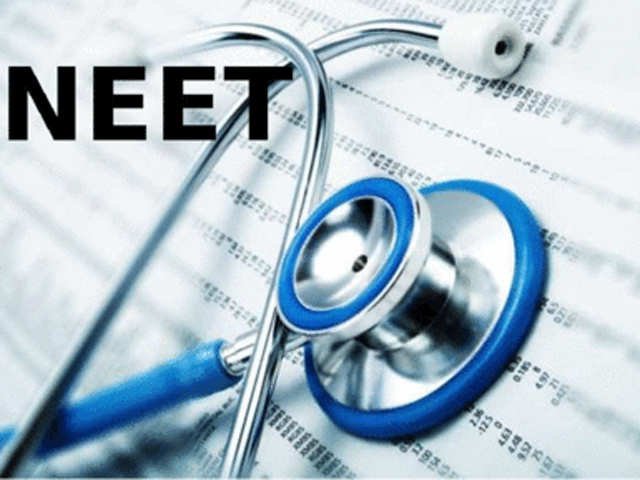Most governments have enforced travel restrictions. Walsh has requested politicians to let travellers make their own decisions based on scientific data
Willie Walsh, Director General, International Air Transport Association (IATA), says he is disappointed by the reaction of governments worldwide to Omicron. Most governments have enforced travel restrictions. Walsh has requested politicians to let travellers make their own decisions based on scientific data.
“After nearly two years with COVID-19 we know a lot about the virus and the inability of travel restrictions to control its spread,’’ said Willie Walsh. “But the discovery of the Omicron variant induced instant amnesia among governments. They implemented knee jerk restrictions in complete contravention of advice from the WHO—the global expert.” Walsh said the goal was to move away “from the uncoordinated, evidence absent, risk-unassessed mess that travelers face”. “As governments agreed at ICAO, and in line with the WHO advice, all measures should be time-bound and regularly reviewed,’’ he said. “It is unacceptable that rushed decisions have created fear and uncertainty among travelers just as many of them are about to embark on year-end visits to family or hard-earned vacations.”
The health organisations said the bans can adversely impact global health efforts during a pandemic by dis-incentivizing countries from reporting and sharing epidemiological and sequencing data
Global airlines took governments to task on December 8 for heightening the Omicron scare through snap border measures and “rip-off” virus testing regimes. Walsh said that the “knee-jerk” border restrictions due to Omicron would ease soon. “We can’t shut down everything when a new variant appears,” Walsh told a news briefing, and also said that travel bans had penalised countries like South Africa for reporting findings. The health emergency, he said, would be short-lived and t would not impact IATA forecasts which predict a return of air travel to pre-crisis levels from 2024.
Walsh said competition authorities should investigate the prices charged for Covid-19 tests which in some cases bore no relation to their true cost. “I hope governments and competition regulators step in and stop consumers being ripped off. I do think we need to understand how that has happened and where all the money (has) gone.”
Public health organizations, including the WHO, have advised against travel curbs to contain the spread of Omicron, arguing blanket bans will not prevent the international spread of the disease. The health organisations said the bans can adversely impact global health efforts during a pandemic by dis-incentivizing countries from reporting and sharing epidemiological and sequencing data.
************************************************************************
Readers


